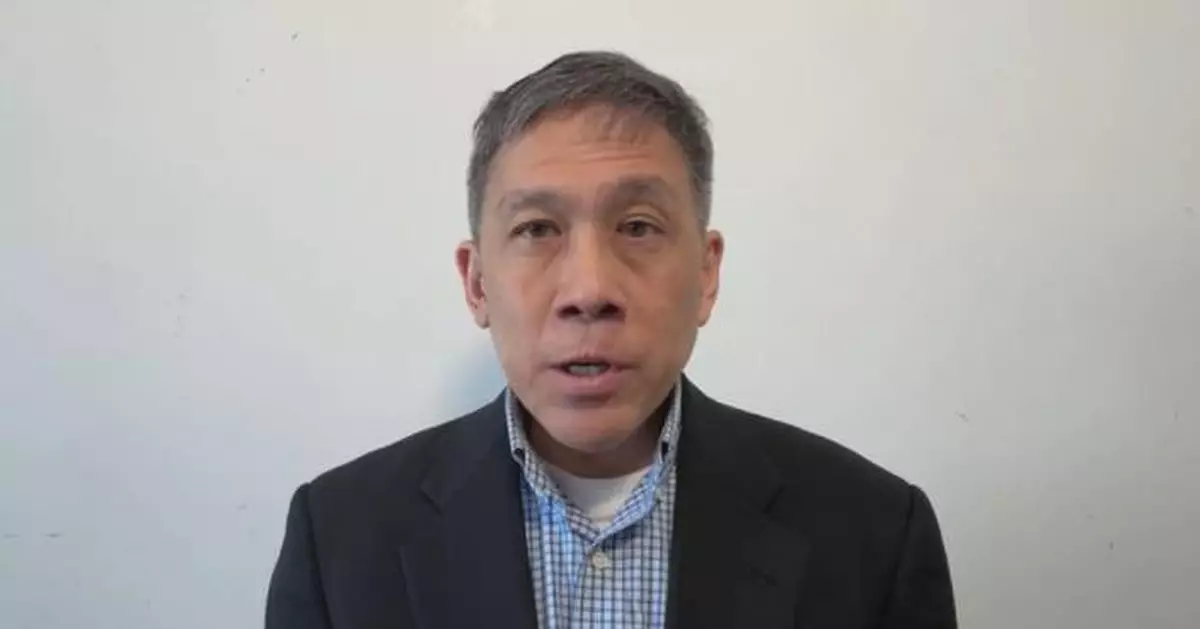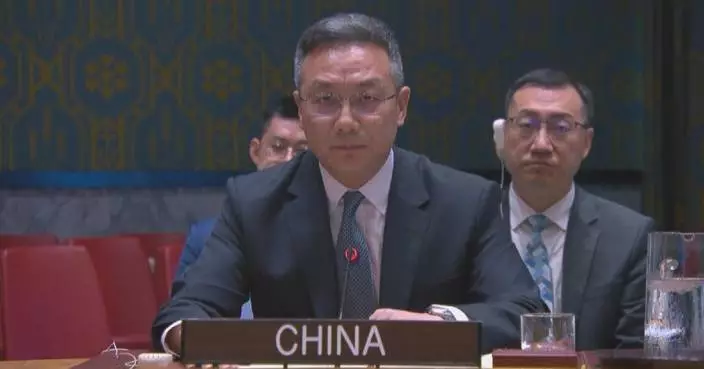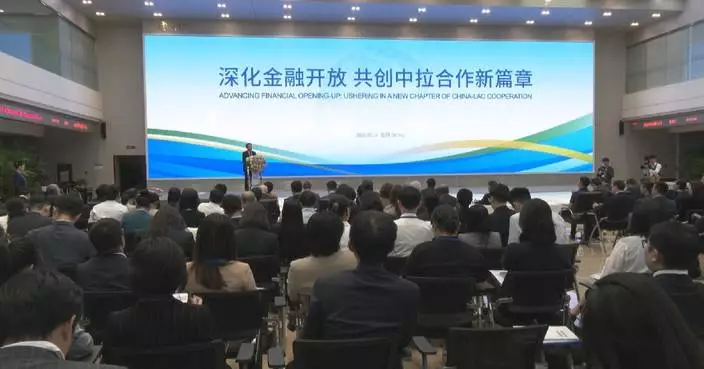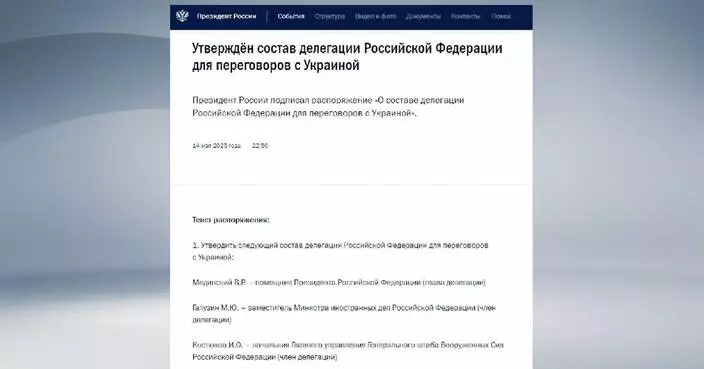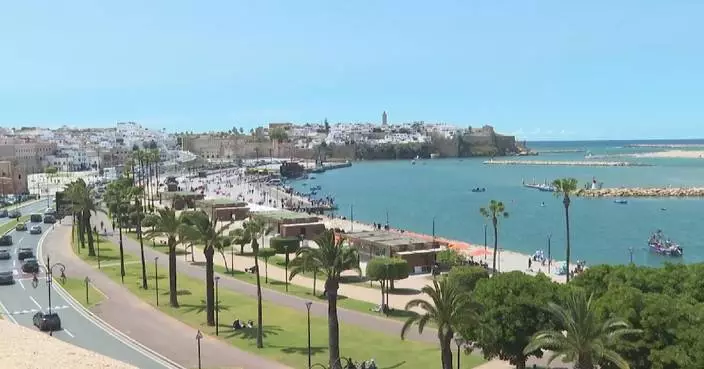The Biden administration's invoking of national security concerns to prevent Japan's Nippon Steel from acquiring U.S. Steel demonstrates the structural weaknesses of the U.S. political system, according to a global affairs analyst.
U.S. President Joe Biden said Friday that he had decided to block the 14.1 billion U.S. dollars sale of U.S. Steel to the Japanese steel giant, while urging the two steelmakers to "fully and permanently" abandon their plan.
The decision has triggered discontent in Japan, with many believing that the interference was unjustified.
In an interview with China Global Television Network (CGTN) on Tuesday, Andy Mok, senior research fellow with the Center for China and Globalization, said the move contradicts U.S. calls for "economic openness", and reflects deep flaws in the country's political fabric.
"This reveals the structural weaknesses of the United States political system, and that this is another example of narrow special interest undermining national interest. I think it also is an example of the contradictory claims of economic openness versus actual behavior as we're seeing here," Mok said.
"Of course, this also shows the U.S.' willingness to weaponize what should be fair and transparent bureaucratic processes for domestic political gain. So, I think it will be, again difficult, if not impossible, for the U.S. to provide a satisfactory answer to the Japanese on this topic," he added.
Japanese Prime Minister Shigeru Ishiba has warned of potential repercussions for bilateral trade following Biden's decision.
Mok echoed the Prime Minister's remarks, stressing that the impact on foreign investment into the U.S. could be on a worldwide scale.
"I think this is going to send a very worrying signal to global investors all around the world. It just shows the volatility and unpredictability of the U.S. political environment. So despite the large market, the very attractive, undeniably attractive economic opportunities, it's a very high risk proposition that can be a roller coaster," he said.
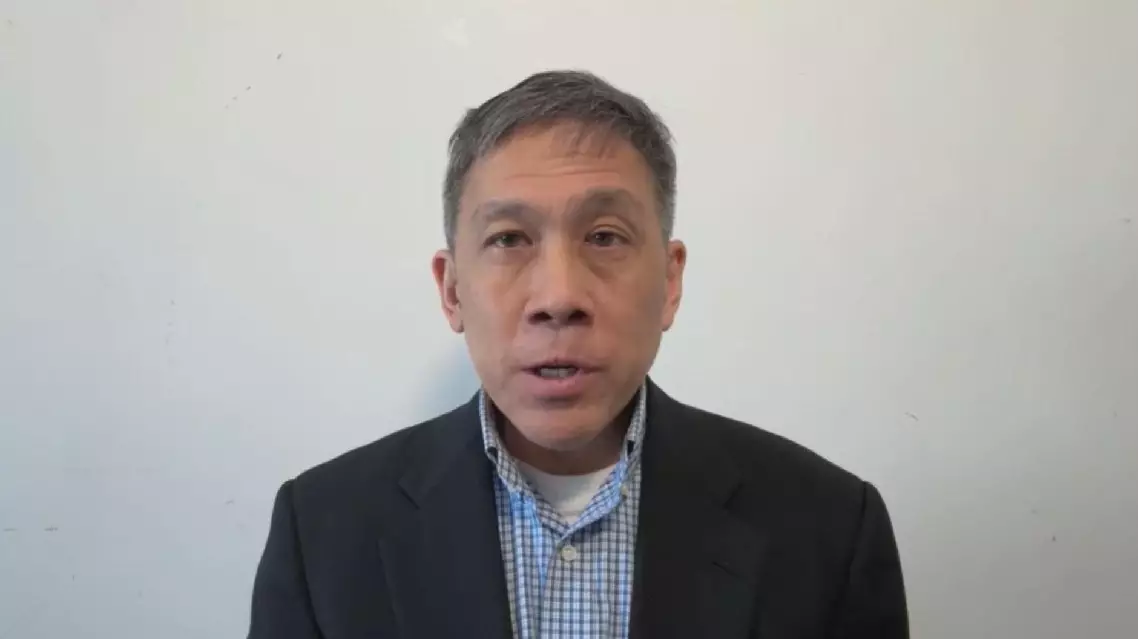
Biden's blocking of Nippon Steel's bid reflects structural weaknesses of US politics: scholar
May 15 marks the 77th anniversary of Nakba, the massive exodus of Palestinians that occurred in 1948 following the establishment of the state of Israel. Yet decades later, displaced Palestinians in Gaza are facing a worsening humanitarian crisis due to Israel's blockade of goods and supplies.
Israel blocked the entry of goods and supplies into Gaza on March 2, following the end of the first phase of a January ceasefire deal with Hamas. It resumed attacks on Gaza on March 18.
Concerns over Gaza's humanitarian crisis are mounting following Israel's recent declaration that it plans to intensify its ongoing military campaign.
Salem Abu Aqda is 78 years old, whose family fled to Gaza from northern Palestine decades ago. According to Salem Abu Aqda, life in Gaza is now miserable due to severe shortages of daily necessities, but they have nowhere else to go.
"Long time ago, they pushed us out of northern Palestine to the Gaza Strip. Now, Israel is chasing us all the way to Gaza. We are still caught in the midst of war. This is not a war between two states (armies), but they are just killing the helpless civilians who hold nothing but a stick. What's more, Israel has deprived us of basic living necessities. They have shut down the border crossings, leaving us without flour, rice, fish, and meat, absolutely nothing. Where are our human rights?" said Salem Abu Aqda.
Ahmed Hamad is one of the many displaced Palestinians now seeking shelter in overcrowded refugee camps in Gaza.
His family was forced to flee seven times over the past year before finally returning to their home, which, however, was no longer there.
"What we are experiencing now is even worse than the Nakba of 1948. We have suffered massacres, hunger, killing and repeated displacement. Now, the Israeli military urges us to move to the western part of Gaza, claiming it is a safe zone. But the reality is that we are attacked no matter where we go. We fled south to Rafah -- only for it to be bombed. We escaped to Khan Yunis and Deir al-Balah -- only to see them bombed as well. Finally, we returned to Northern Gaza, and it also came under attack. The truth is, we live in a constant state of violence and displacement. Wherever we go, we face attacks. Death surrounds us everywhere," said Ahmed Hamad.
Israel's military campaign in Gaza, launched after Hamas-led attacks on southern Israel on Oct 7, 2023, had so far killed 52,928 Palestinians, Gaza health authorities said on Wednesday.
Humanitarian conditions in the territory have continued to deteriorate, with large-scale destruction, limited access to aid, and worsening shortages of food, water, and medical supplies. Aid agencies have warned that civilians, particularly women and children, are bearing the brunt of the ongoing conflict.
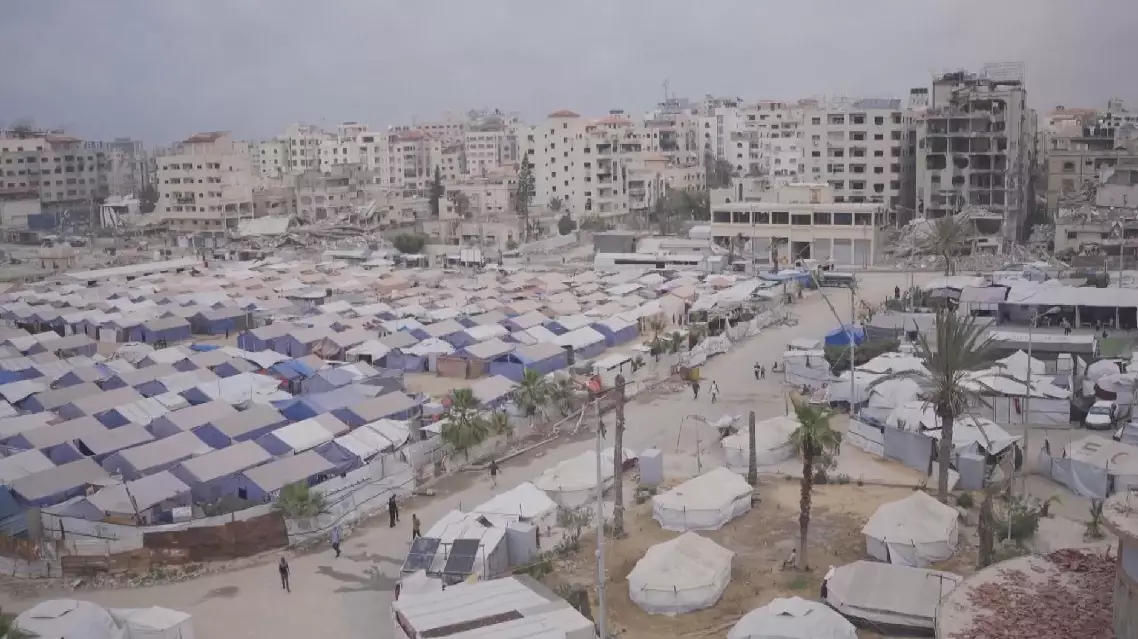
Palestinians face worsening humanitarian crisis due to Israel's blockade of aid into Gaza



